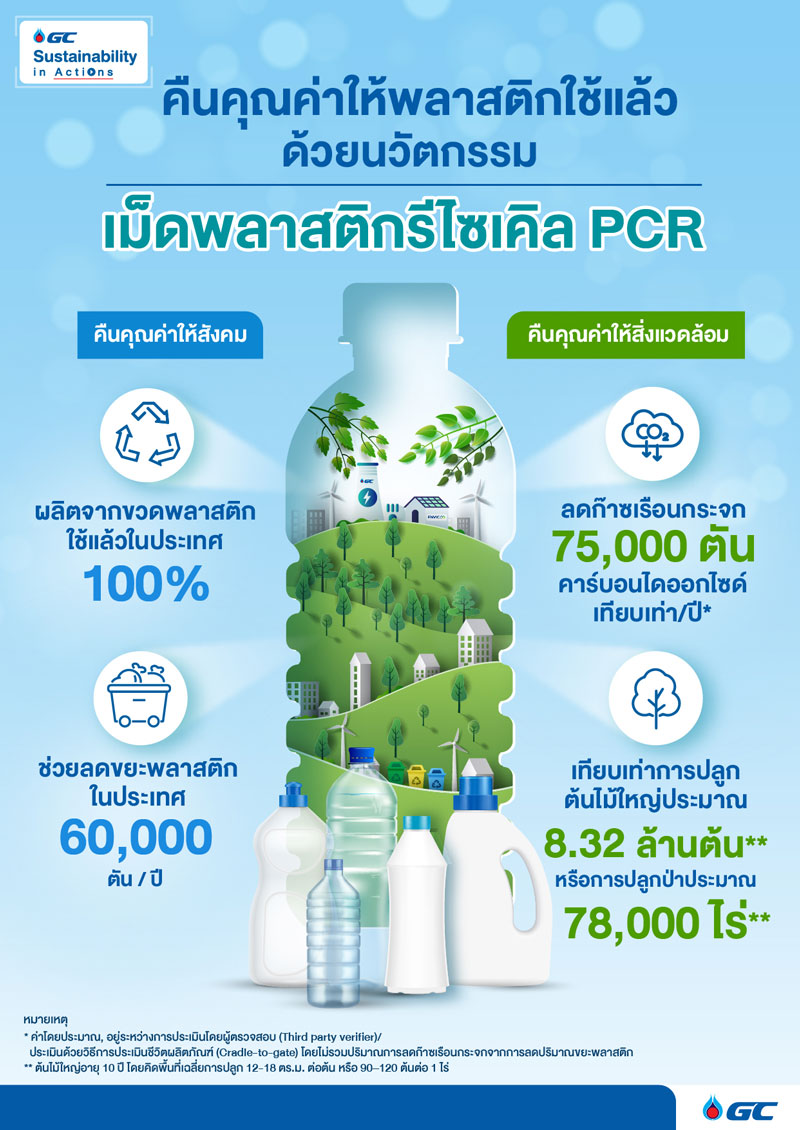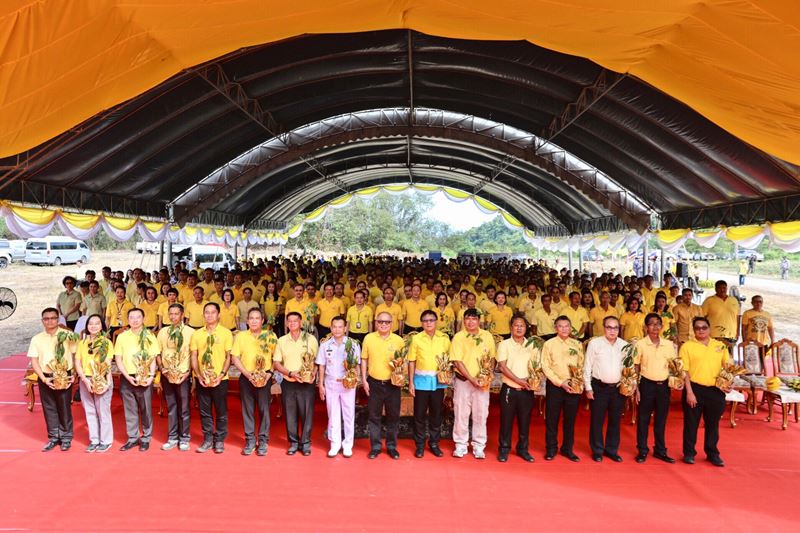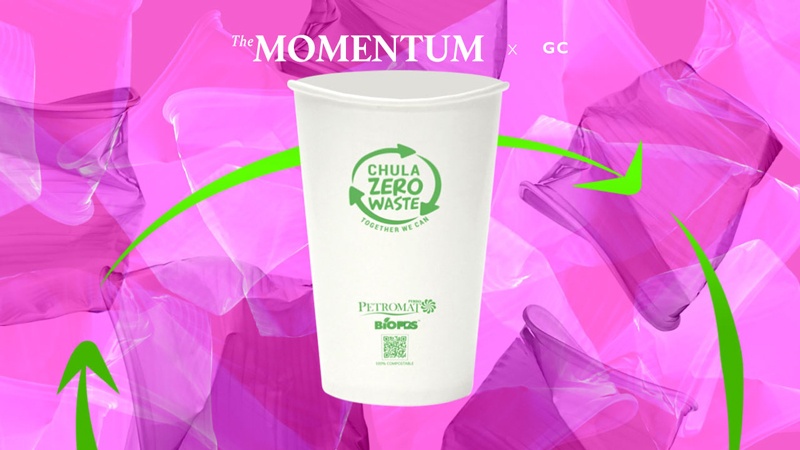Feature Stories
Addressing the COVID-19 Crisis and Helping Save the Planet with Bioplastics
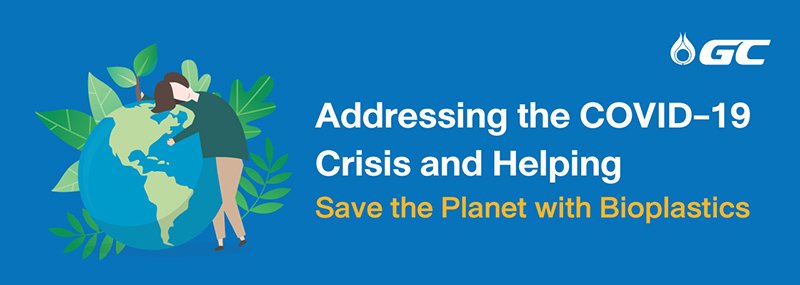
Over the last two to three years, the movement against single-use plastics has become a hot button issue across many countries including France, which instituted a ban on plates, cups and cotton buds made of plastic from the beginning of 2020, China, which will ban the use of non-compostable plastic bags in 2022, and Thailand, which placed a ban on single-use plastic bags on January 1, 2020, promoting the use of recyclable and reusable materials and containers including cloth bags, food packaging and cups.
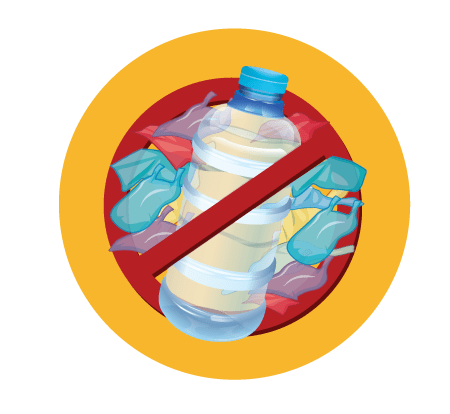

Reusing and recycling is an effective way to ensure the efficient and maximum utilization of existing resources. However, the global COVID-19 pandemic is prompting us to rethink the idea of “reusing” items every day which may potentially spread germs through items such as cloth bags and cups. There is currently no research available that clearly identifies how long SARS-CoV-2, the virus strain that causes COVID-19, can survive outside the human body. However, there is some research which shows that other severe coronaviruses causing severe acute respiratory syndrome (SARS) and Middle East respiratory syndrome (MERS) can survive on the surfaces of some materials such as foam, plastic, glass or aluminum food packaging for up to 15 days, and on other surfaces such as metal, wood and clothing for up to 10 days. We can therefore be infected by reusing items without properly cleaning them.
In the midst of global concerns over the use of reusable items, Starbucks, the leading coffeehouse chain globally, is looking to prevent the spread of COVID-19 while helping reduce the consumption of single-use plastics by introducing compostable and recyclable hot coffee cups in their locations in several cities including Vancouver, Seattle, San Francisco, New York, and London.
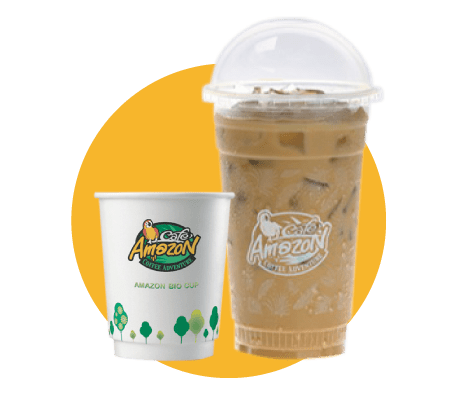
In Thailand, locally-owned and eco-friendly coffee chains such as Café Amazon recently adopted precautionary measures to prevent the spread of COVID-19 by temporarily discontinuing the use of personal cups by their customers. However, customers who brought their own cups can rest assured that Café Amazon’s cups used to serve hot drinks are made from plants (bio-based and biodegradable plastic) under the ‘BioPBS’ brand and compostable within 6-24 months. Furthermore, their PLA straws and cups for cold drinks are certified with the ‘GC Compostable’ label and produced from the same BioPBS biodegradable plastic, allowing for a reduction in the risk of contracting the new coronavirus that causes COVID-19 from reusing items and eliminating any concerns over the amount of plastic waste that is being generated.
Source: https://www.ncbi.nlm.nih.gov/pmc/articles/PMC5876564/
